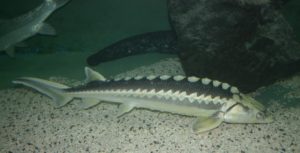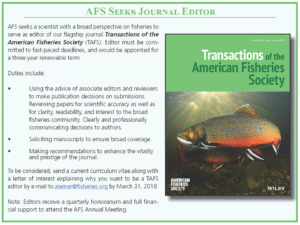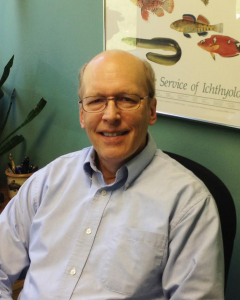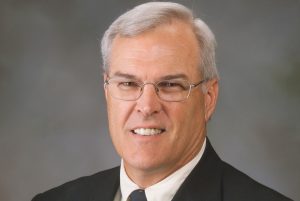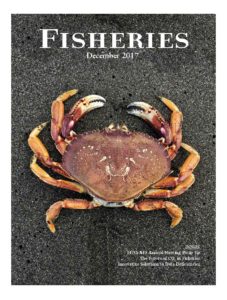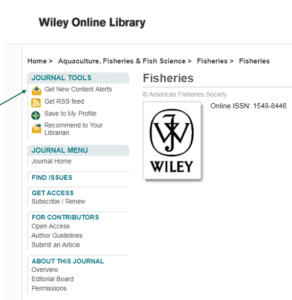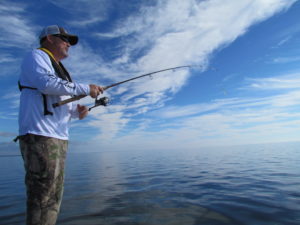

Reeling Them In: Initial Insight into the Factors Affecting Presentation Attendance at American Fisheries Society Meetings
Attendance at professional conferences is well studied, but few studies have analyzed presentation attendance within a conference. Understanding why some presentations attract larger audiences than others can be useful for both presenters and conference organizers.


